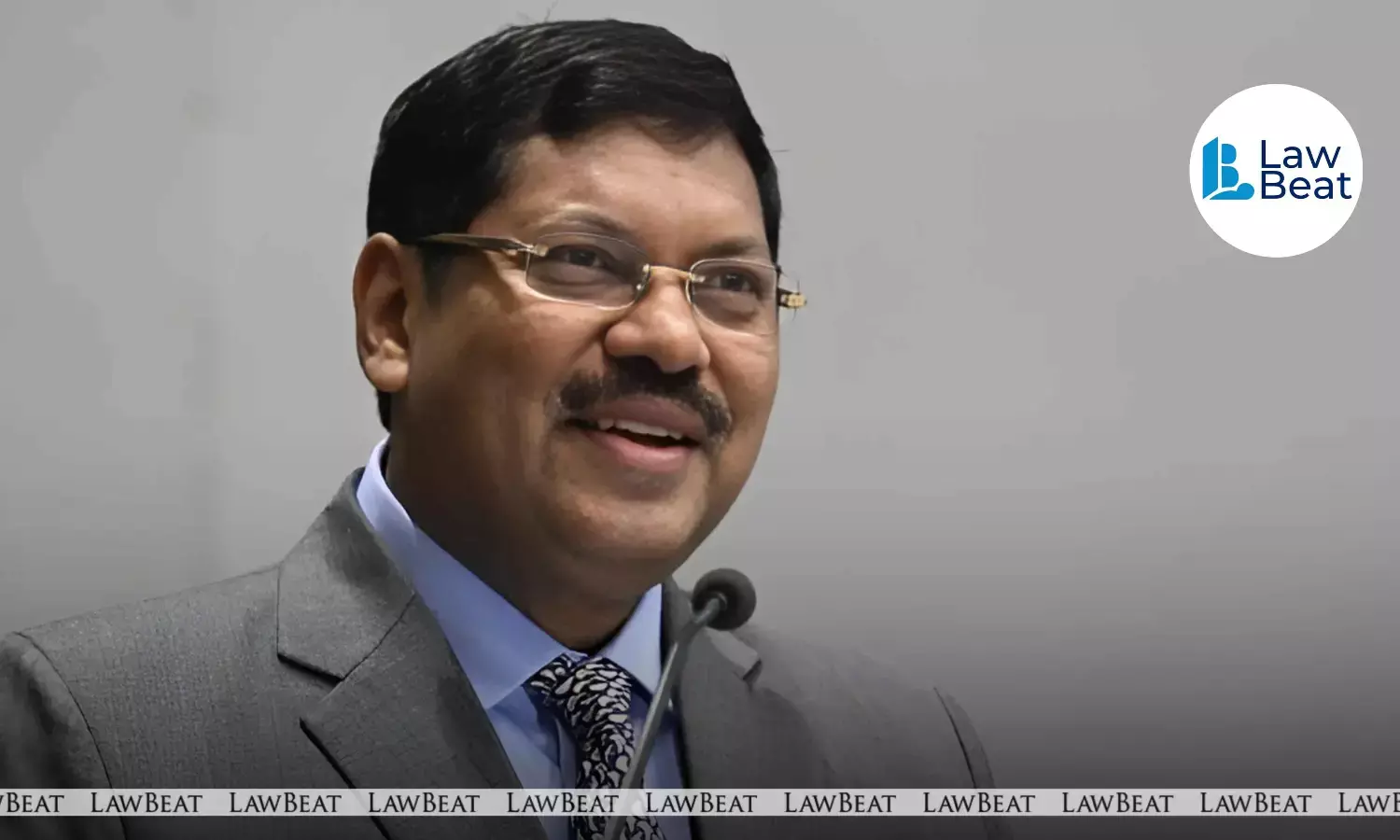Arbitrators should address suspicions of illicit activities, even when not formally pleaded: CJI Gavai

The Chief Justice of India BR Gavai was part of a Panel Discussion conducted by the Center For International Legal Studies in UK on the topic, “Arbitrators, fraud concerns, and the Courts - What can and should Arbitrators do when Fraud/Corruption is suspected (but not pleaded), and how can and should the Courts help or restrain Arbitrators?”.
Speaking at the event, the CJI highlighted how arbitrators are no longer passive adjudicators but are increasingly expected to proactively address suspicions of illicit activities, even when not formally pleaded.
"Courts, in turn, serve both as guardians of arbitral integrity and as safety nets. The challenge is most pressing when the state is involved and public funds are at stake. In such scenarios, both arbitrators and courts must act not merely as neutral adjudicators, but as custodians of public trust", CJI Gavai has said.
In cases involving suspected fraud, the CJI said arbitrators must uphold a set of minimum standards to preserve the legitimacy and enforceability of the arbitral process, including the duty to identify and validate red flags.
"Practically, when fraud is suspected, arbitrators should take reasonable procedural steps. These steps must be taken carefully to balance efficiency with due process, and to avoid prejudicing either party without evidentiary justification...", he added.
Stating that because of insufficiency of evidence, or because of other considerations (political repercussions or otherwise), a party may raise a defense against a claim of non-performance of a contract, citing red flags relevant to corruption, but without making an explicit case, it may be in the hope that it will be picked up by an arbitral tribunal, thereby leading to a finding of a corrupt practice, the CJI said.
In such a scenario, the CJI said arbitrators may take measures such as ordering further fact-finding or expert analysis, suspending proceedings during parallel investigations, and reporting confirmed corruption findings to relevant state authorities, with disclosure of information sometimes required by public policy, including anti-money laundering regulations, despite the confidentiality of arbitration.
CJI premised his discussion on the fact that increasing prominence of arbitration as a preferred mechanism for resolving commercial disputes has prompted a heightened focus on the integrity of the arbitral process, particularly in cases involving suspicions of fraud or corruption.
